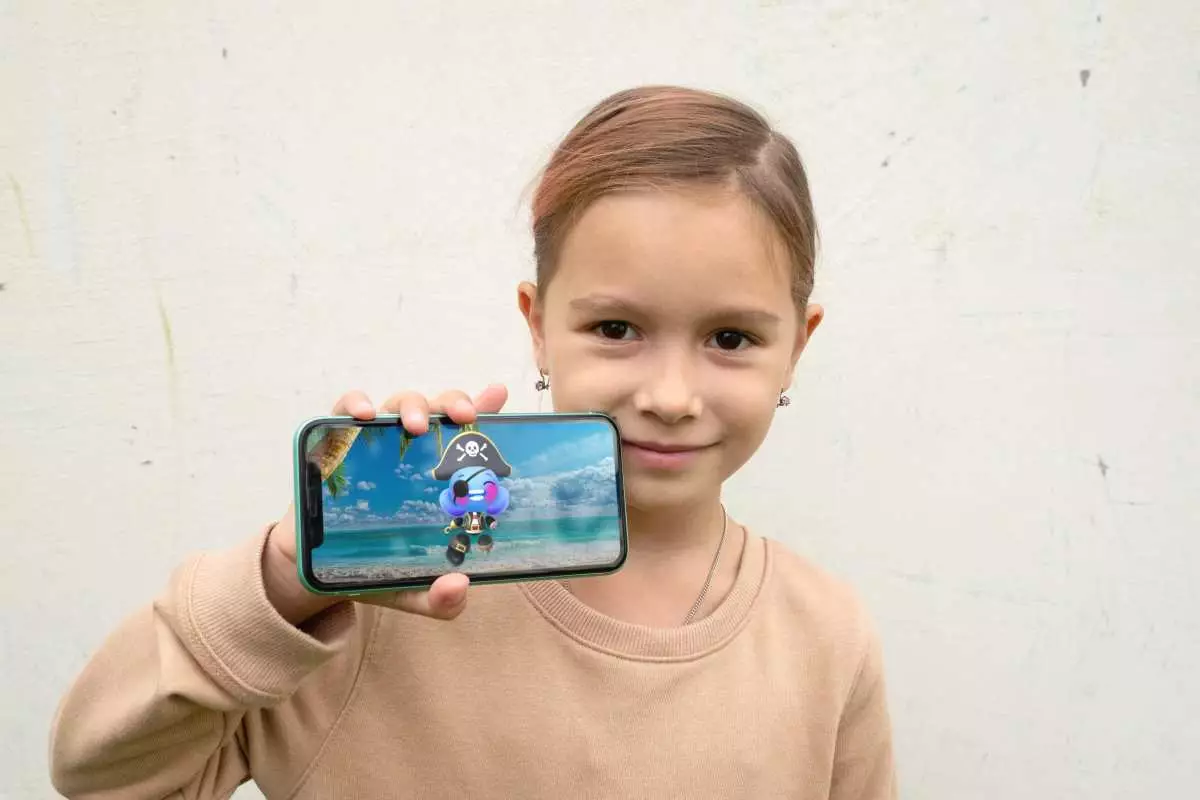In 2014, entrepreneur Ivan Crewkov embarked on a significant life transition, relocating his family from Serbia to the United States and diving into the tech startup landscape with Cubic.AI. The timing, however, proved to be disastrous. Just a week before Crewkov’s ambitious Kickstarter campaign for his smart speaker, Amazon unveiled its Echo, making competition nearly impossible. “It was a disaster,” Crewkov recounted, reflecting on the soul-crushing defeat of watching a colossal company squash his startup dreams. Ultimately, he made the difficult decision to sell Cubic.AI two years later.
Despite this setback, Crewkov’s journey had a silver lining. The move to the U.S. brought forth challenges for his daughters, particularly in adapting to English-language education. This predicament sparked an idea for Crewkov’s next venture. During a homework session, he discovered that his daughter’s online tutor was using scripted responses, leading him to envision a solution: creating an AI-driven character capable of delivering interactive language lessons. “My daughter was our first tester and our first user,” he said, marking the birth of Buddy.ai.
Buddy.ai is not just another educational app; it represents an innovative approach to language acquisition. Designed as an animated, multimodal tutor, it helps children learn English as a second language through an engaging and interactive platform. Available via subscription, Buddy.ai has already expanded its reach to international markets, including schools in Brazil, catering to a diverse student body.
However, the development of Buddy.ai was fraught with challenges. Crewkov and his team quickly learned that producing a product for children required navigating a complex web of regulations, including the Children Online Privacy Protection Act (COPPA).
Furthermore, training AI to comprehend not just adult voices but the nuances of children’s speech proved to be an operational hurdle. “We are trying to understand a 4-year-old Brazilian girl who is trying to say her first words in English at the same time as a 4-year-old Arabic girl from Saudi Arabia,” Crewkov explains. The multifaceted representations of language made the task daunting. The team steered their efforts toward countries with less stringent regulations to gather preliminary data, ultimately iterating on their AI model to enhance performance.
Seven years after its inception, Buddy.ai has grown exponentially, boasting nearly 55 million downloads and serving over 22 million students annually. Despite this impressive trajectory, the path to fundraising was challenging. The recent $11 million seed round, spearheaded by BITKRAFT Ventures, was hard-won, with Crewkov engaging in discussions with 186 potential investors. His focus remained clear; he sought partners who understood the gaming nature of his product. “Children treat Buddy as a game,” he observes, highlighting a critical insight into the company’s appeal. The majority of downloads come from children eager to play and learn.
With the new capital infusion, Buddy.ai plans to focus intently on product development. Despite their achievements, Crewkov admits that the technology still requires substantial advancement. To enhance user experience, they aim to onboard a head of game design and a head of UX design. This evolution is essential as they seek to broaden the range of languages offered and deepen their ties with educational institutions.
While Buddy.ai is not the sole player in the AI education landscape—faced with competitors like Univerbal and Loora, who have also garnered significant funding—it maintains a distinct positioning in focusing on children learning English as a second language. This directed approach allows Buddy.ai to cater to a specific niche, which Crewkov believes is the future of educational technology. “We just believe that the future is hybrid where AI tutors and AI agents can really help teachers,” he asserts, emphasizing the importance of daily practice in language learning.
As Crewkov continues to steer Buddy.ai into new territories and product enhancements, his journey underscores the resilience of entrepreneurship. Transforming setbacks, from the failure of Cubic.AI to the success of Buddy.ai, reveals a consistent thread: the pursuit of innovative solutions that address real-world challenges in education. The story of Buddy.ai is not just one of entrepreneurial success; it is a testament to the power of perseverance and the belief in creating impactful learning experiences for children around the world.

